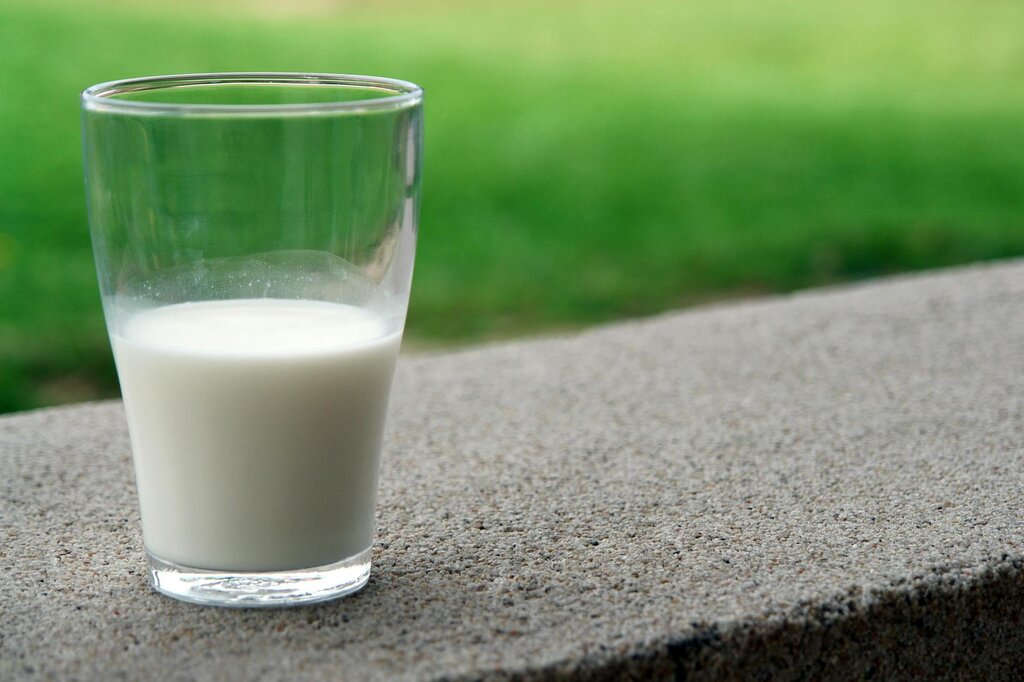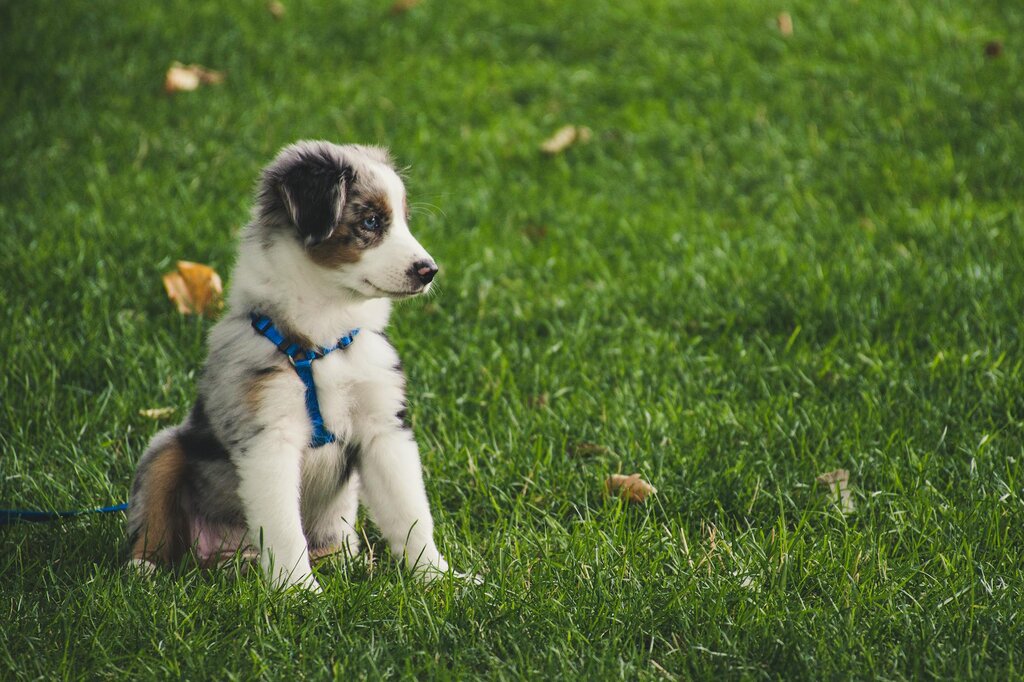Last Updated: 05/06/2025
Can Dogs Drink Milk?
Take a read through our Vet-written guide for all the answers on milk for dogs!
Author: Dr Josepha Cox BBiomedSc (Hons) DVM
Reading Time: 18 minutes - medium read
The answer to this question comes down to your individual dog! Digestion of milk requires the enzyme lactase. Puppies have an abundance of this enzyme when they are feeding from their mother. However, many dogs shortly after weaning lose this enzyme and thus their ability to properly digest milk. This is similar to lactose intolerance that affects some people. So although milk isn't harmful for your pooch it may cause unpleasant digestive upsets (diarrhoea and vomiting) in those that are lactose intolerant.
For dogs that can digest lactose, most love a treat of milk! Bear in mind for dogs already on a high quality, complete and balanced diet they do not require dairy as a source of calcium so when giving milk it should only be done occasionally and in small portions.
Health benefits of milk for dogs

Milk can provide a variety of nutrients to dogs, like protein, calcium, vitamins A, D and B12, and other minerals. However, milk alone is not a sufficient source for these nutrients. These nutrients can and should be adequately provided through a balanced and complete dog diet.
Because milk carries risks such as digestive upsets in lactose intolerant dogs, high calorie content leading to weight gain and some dogs can have allergies to dairy products like milk. As such, milk is best suited to use in moderation as a tasty treat.
Some puppies may require supplemental feeding with milk, in which case specific milk replacers should be used. Neonatal milk replacements can be an excellent source of essential vitamins and minerals, protein, fat and immune support. Milk Replacers are nutritionally balanced and complete for feeding to puppies. However, they may also be beneficial for pregnant/lactating mothers to support the growth of their puppies and senior animals as a source of anti-oxidants and amino acids for maintaining muscle strength and general health through ageing.
If you decide to give your dog milk, do so in small quantities and observe your dog for any signs of digestive upset or allergic reaction. Always consult with your vet before introducing a new food into your dog's diet. There are also dog-specific milk substitutes available that do not contain lactose, which could be a safer alternative if your dog enjoys the taste of milk.
What type of milk is best?
To reduce the risk of tummy upsets choose a pet specific or lactose free milk such as PETS OWN puppy and dog milk.
Please note that puppies that require bottle or supplemental feeding need to be fed specially formulated neonatal milk such as Di Vetelact which is a complete diet and different from cow's milk or pet milk that is given as a treat.
Learn more about caring for pregnant dogs and puppies in our Pregnant Dog Guide.
Milk products for dogs
What about milk alternatives?
Plant-based milk alternatives are generally safe to be given to dogs. Plant milks such as soy, almond and oat milk tend to be low in lactose and sugar which is a bonus in terms of digestion. As with all foods however, there are still some pets that can not tolerate these products. Some dogs may have a soy allergy and the higher fat content in almond milk and high fibre in oat milk can cause some digestive upsets so these products are best avoided in dogs who don't tolerate them. As with standard milk, plant milks should also be given only occasionally and in moderation.
Nutritional considerations of giving milk

Can dogs develop lactose intolerance later in life?
Yes, dogs can develop lactose intolerance later in life even if they were able to tolerate milk well as puppies. This is because, like many mammals, dogs often produce less lactase - the enzyme necessary to digest lactose - as they age.
If a dog that once tolerated milk becomes lactose intolerant, they may experience symptoms like gas, bloating, diarrhea, and vomiting after consuming milk or dairy products. If you notice these symptoms in your dog after they consume milk, it would be best to eliminate dairy from their diet and consult with your vet.
Are there any risks associated with giving milk or milk alternatives to dogs?
Yes, giving milk or milk alternatives to dogs can pose risks. While some dogs can tolerate milk, it's important to note that many dogs are lactose intolerant, which means they have difficulty digesting lactose, a sugar found in milk. This can result in digestive upset, including gas, bloating, diarrhoea, and vomiting.
Regular consumption of these products can lead to obesity due to their high calorie content, which in turn can result in health issues such as diabetes, heart disease, and joint problems. Furthermore, certain components in milk, such as sugars, can contribute to dental issues if oral hygiene is not maintained.
Finally, some dogs can have allergic reactions to milk or milk alternatives, resulting in symptoms ranging from skin irritation and digestive problems to more serious responses such as difficulty breathing. Always consult with a vet before introducing new foods into your dog's diet.
Can senior dogs drink milk?
Senior dogs, like all dogs, can have varying reactions to milk. Many dogs are lactose intolerant to some degree. Lactose intolerance can become more prevalent as a dog ages and its production of lactase, the enzyme that breaks down lactose, decreases. In addition, milk is high in calories and could contribute to weight gain, which can be an issue, especially for senior dogs who may be less active.
Further Reading
Want to read more? Check out our other articles:
History
Our experts continually monitor the health and wellness space and we update our articles when new information becomes available.
September 2023
Written by Dr Josepha Cox BBiomedSc (Hons) DVMDr Josepha Cox BBiomedSc (Hons) DVM
Author, BBiomedSc (Hons) DVM
Dr Josepha graduated from the University of Melbourne in 2015 and has spent her time in small animal practice in Melbourne. She has a special interest in diagnostic imaging, nutrition and geriatric medicine. She is currently completing further study in animal nutrition and her favourite part of being a vet is helping senior animals to live happily and comfortably into their twilight years.

